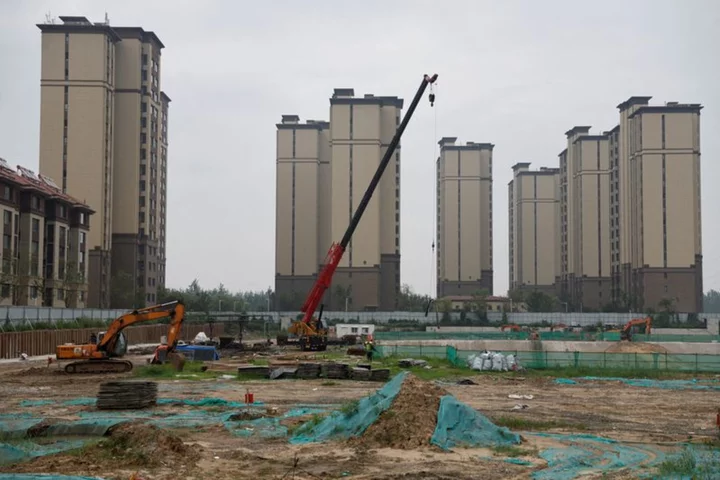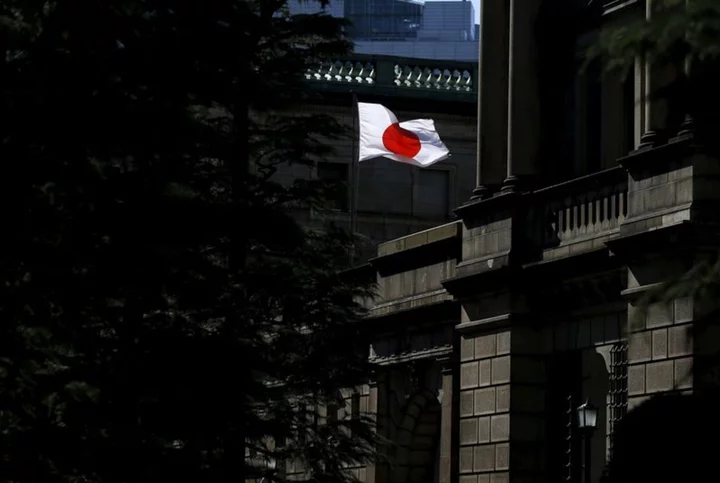By Saeed Azhar
NEW YORK The Chinese government's support of banks hit by property woes will enable it to avert a financial crisis like the one in 2008 that was precipitated by the downfall of U.S. investment bank Lehman Brothers, a Goldman Sachs analyst said on Wednesday.
"The Lehman moment was actually a reminder of how financial instability can be really damaging - the economic fallout of subsequent years was enormous," Jan Hatzius, Goldman's chief economist, told Reuters on the sidelines of a retail conference hosted by the firm.
"Chinese policy-makers are very focused on avoiding that. They will be willing to provide financial support for the banks and for the sectors that are directly affected by the weakness in the property market," he said.
Beijing is grappling with a slowdown that has rattled global markets, with the spotlight now firmly focused on troubled developer Country Garden's spiralling debt crisis in a sector that contributes to roughly a quarter of the economy.
China does not have the same level of financial leverage or widespread usage of derivatives that exacerbated the 2008 crisis, he said.
But Hatzius cautioned China's economic growth will slow in the long-term due to factors such as weaker population growth and aging demographics, mirroring the economic slowdown Japan witnessed in the 1990s.
The U.S. economy will avoid a recession this year, he said, but the Federal Reserve will take a while before it starts to cut interest rates. Hatzius was early among economists who predicted that the United States will avoid the recession, a call considered contrarian at the time.
Goldman Sachs does not expect another rate hike in the coming months unless inflation unexpectedly accelerates, but is projecting three rate cuts next year starting in late second quarter.
Improving U.S. economic prospects mean consumers will have more discretionary cash to spend next year, said Kate McShane, a Goldman Sachs retail analyst.
Goldman Sachs research forecast an acceleration of total household cash inflows in 2024 to 5.3%, from 3.2% this year.
(Reporting by Saeed Azhar; Editing by Sam Holmes)









